Buying a hybrid vehicle for the first time can be an exciting yet complex decision. With numerous benefits and considerations, it’s important to understand the key aspects of owning a hybrid car. From technology basics to environmental impacts, here are five things every first-time hybrid buyer should know.
Understanding Hybrid Technology Basics
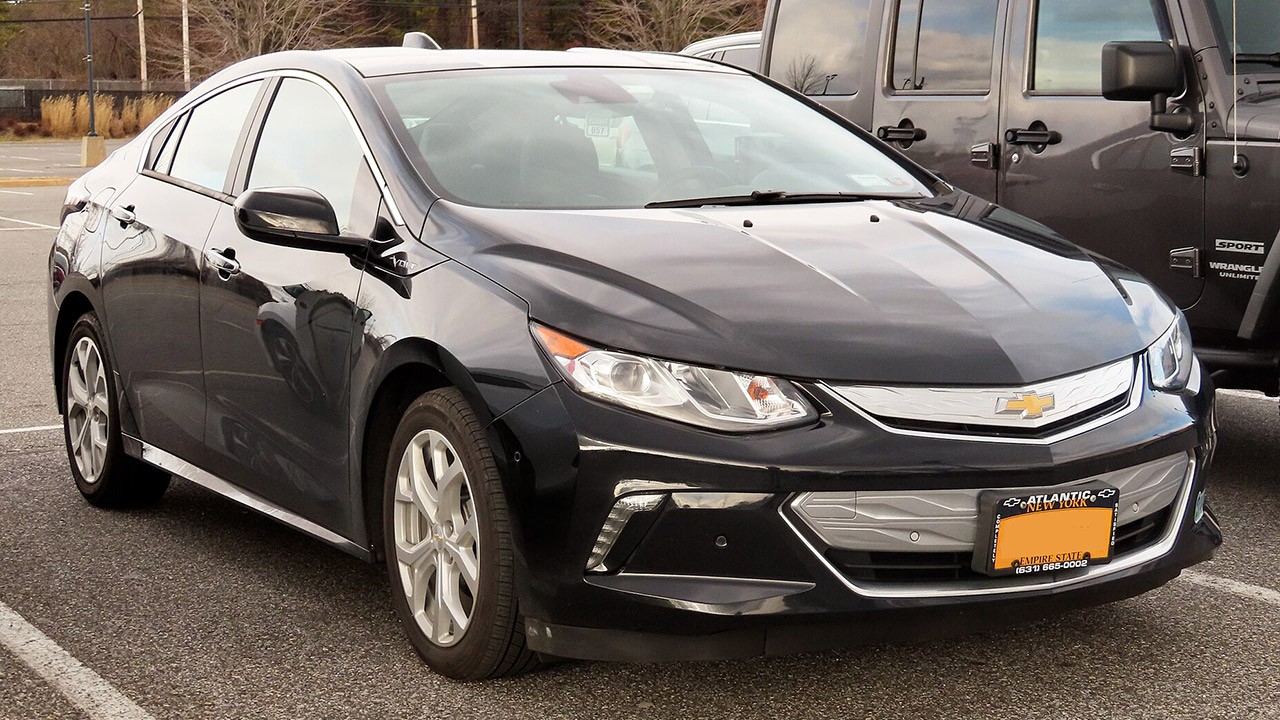
Hybrid vehicles combine an internal combustion engine with one or more electric motors. There are mainly two types: the parallel hybrid, like the Toyota Prius, where both the engine and motor can drive the car; and the series hybrid, where only the electric motor drives the vehicle, as seen in the Chevrolet Volt. A solid grasp of these systems can help in understanding how they contribute to performance and efficiency.
It’s also crucial to know about the regenerative braking system, a feature that most hybrids use to convert kinetic energy into electric energy, charging the battery each time you brake. This not only improves fuel efficiency but also extends the life of the braking system.
Evaluating Fuel Efficiency and Cost Savings
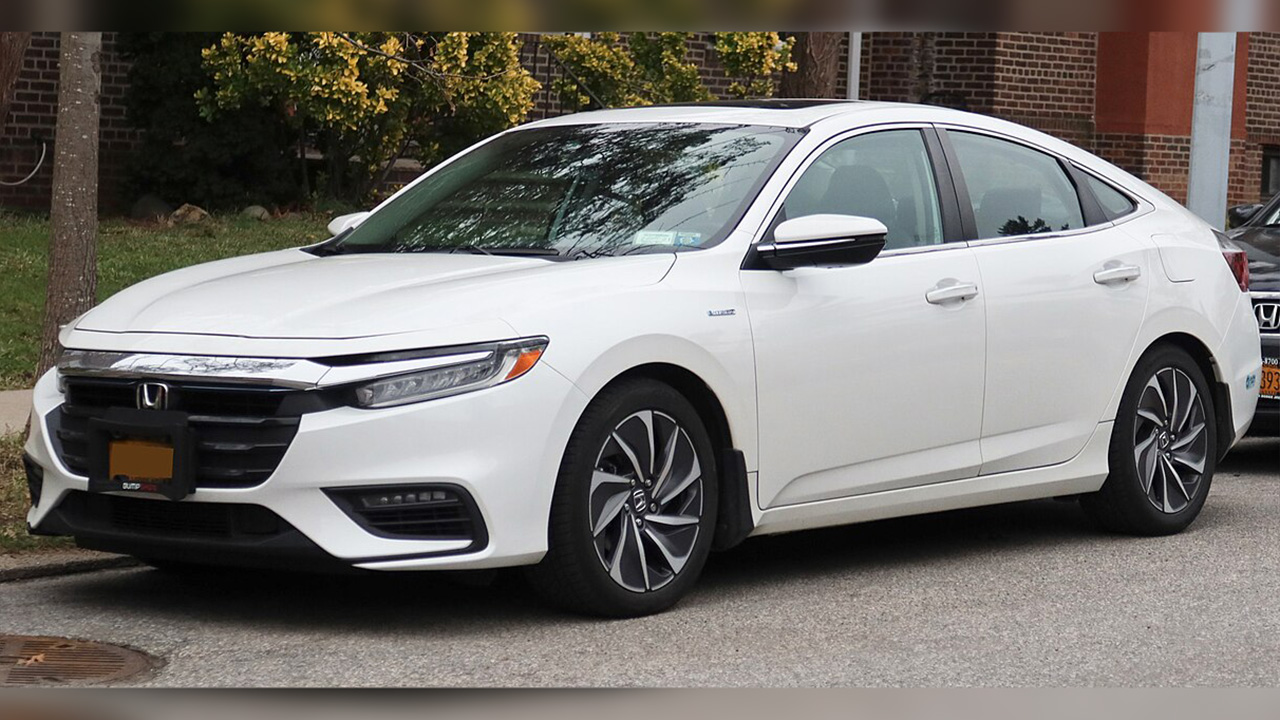
One of the major draws of hybrid vehicles is their fuel efficiency. Models like the Honda Insight offer impressive mileage, often exceeding 50 miles per gallon, which can result in significant savings over time. It’s essential to consider how much you drive and the cost of fuel in your area to determine potential savings.
While hybrids typically have a higher upfront cost compared to traditional gas-powered cars, tax incentives and lower fuel expenses can offset this difference. For instance, federal tax credits for hybrids can range from a few hundred to a couple of thousand dollars, depending on the model and battery capacity.
Maintenance and Repair Considerations
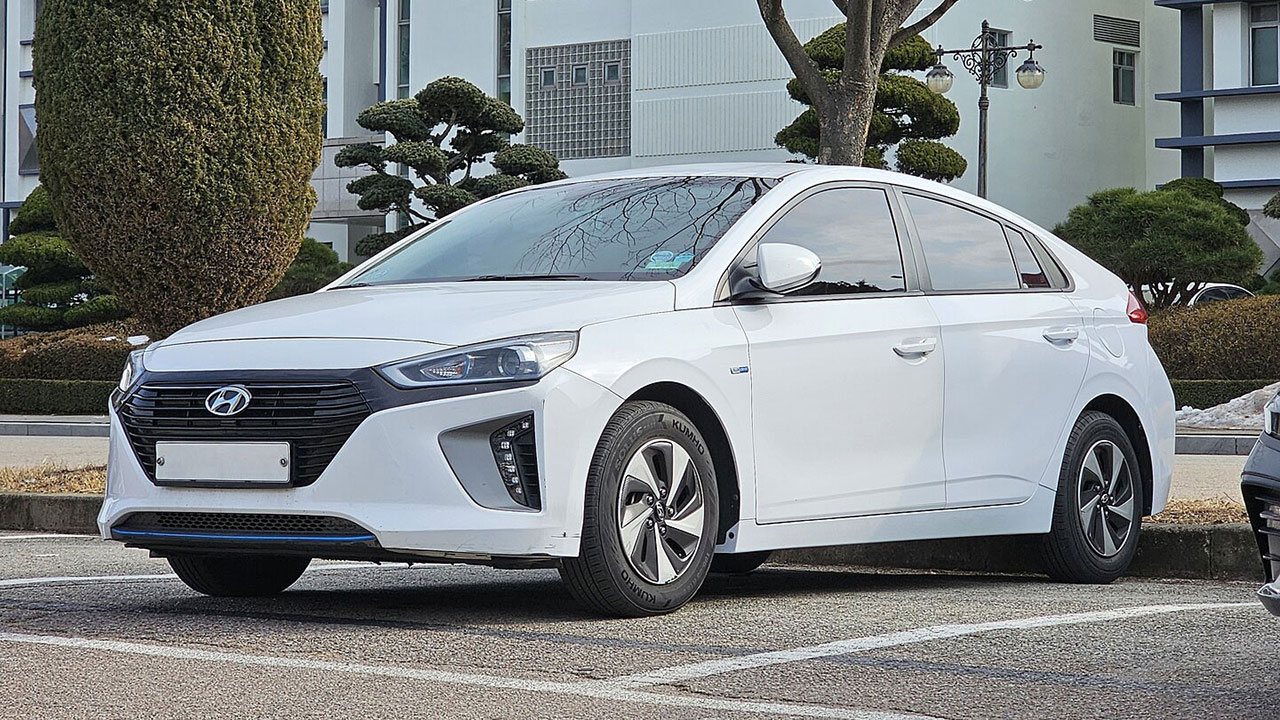
Hybrids generally require less maintenance than conventional vehicles due to fewer mechanical components. However, the battery, often a concern for new buyers, is designed to last for many years. Manufacturers like Toyota offer warranties up to eight years or 100,000 miles for hybrid components, providing peace of mind.
It’s important to find a mechanic skilled in hybrid technology for any necessary repairs. While some repairs might cost more due to specialized parts, hybrids often experience fewer issues related to the engine and transmission, leading to potential savings in the long run.
Resale Value and Depreciation Factors
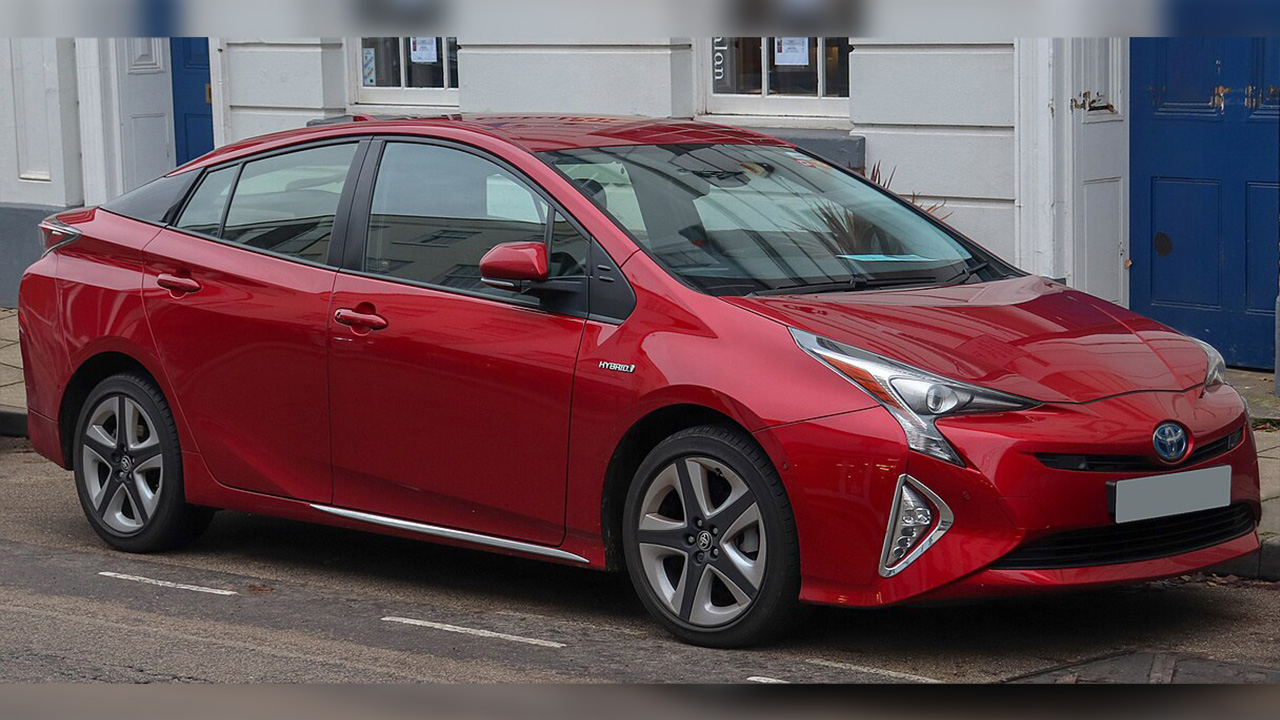
Hybrids tend to retain their value well compared to traditional cars. The demand for fuel-efficient vehicles has been consistent, which helps stabilize resale values. For example, the Toyota Prius has historically maintained a strong resale value due to its reliability and efficiency.
However, it’s important to consider the potential depreciation of hybrid-specific technology, such as the battery. While technological advances can make older models less appealing, a well-maintained hybrid can still command a good resale price, especially if battery health is optimal.
Environmental Impact and Benefits
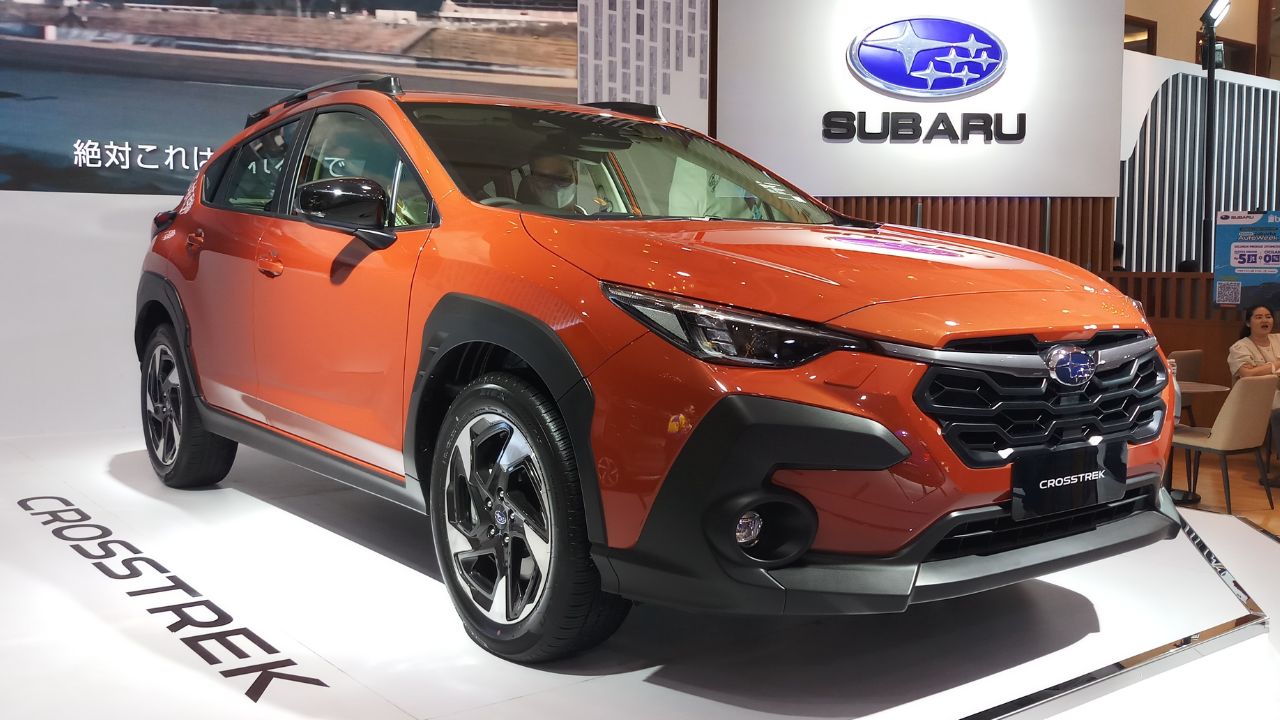
One of the core advantages of hybrid vehicles is their reduced environmental impact. By utilizing electric power, hybrids emit fewer pollutants than conventional vehicles. This is particularly beneficial in urban areas where air quality is a concern.
Additionally, driving a hybrid supports broader environmental goals by decreasing reliance on fossil fuels. If you’re considering a hybrid like the Hyundai Ioniq, you can take pride in contributing to a greener planet while enjoying the benefits of modern automotive technology.
Like Fast Lane Only’s content? Be sure to follow us.
Here’s more from us:
*Created with AI assistance and editor review.

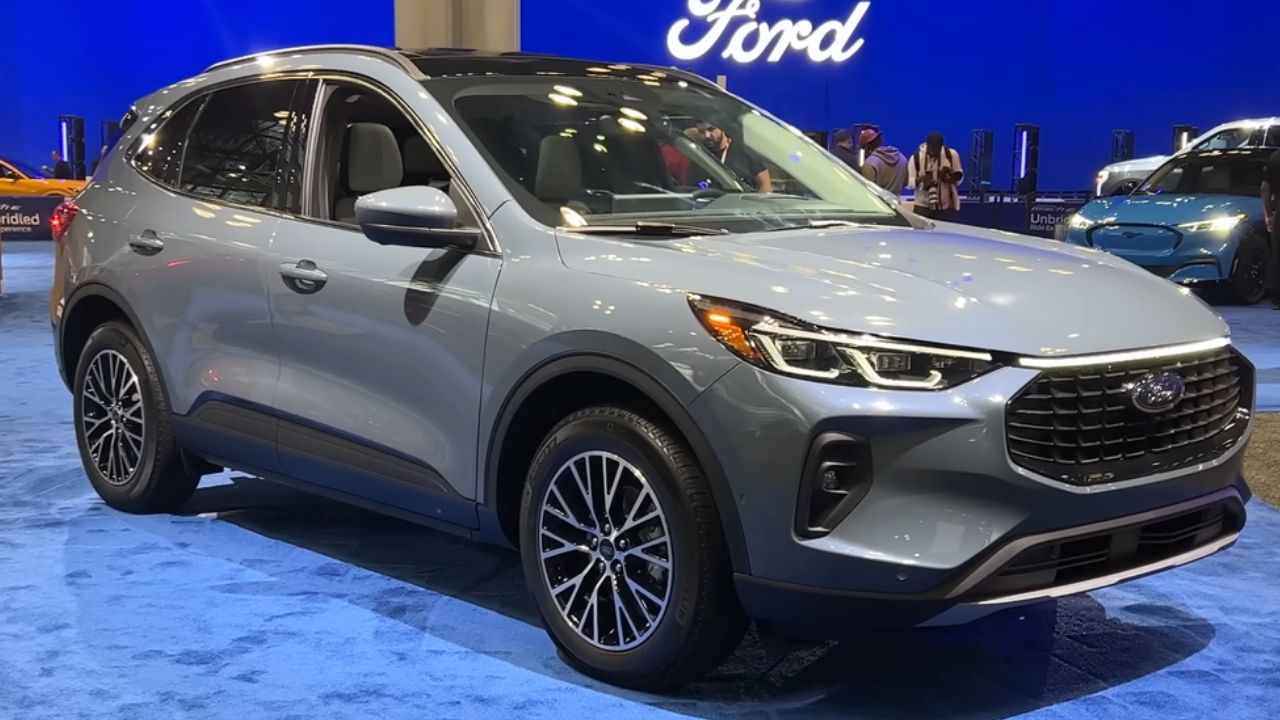
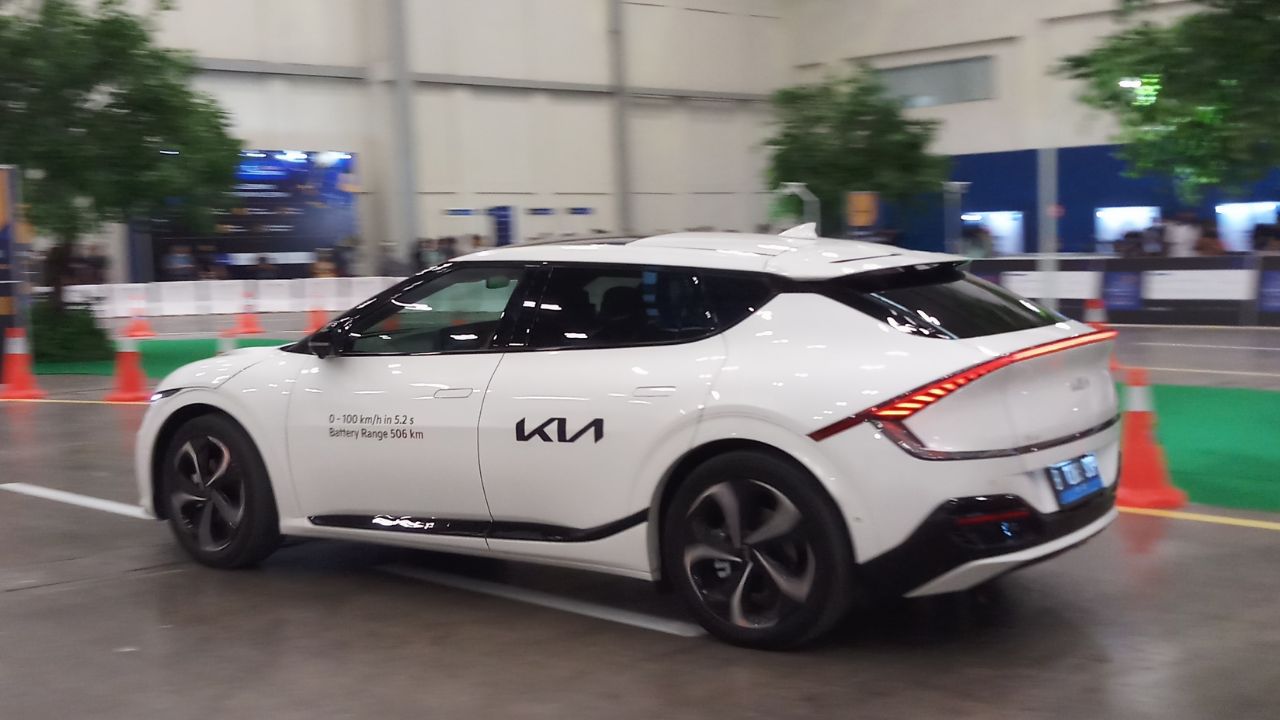



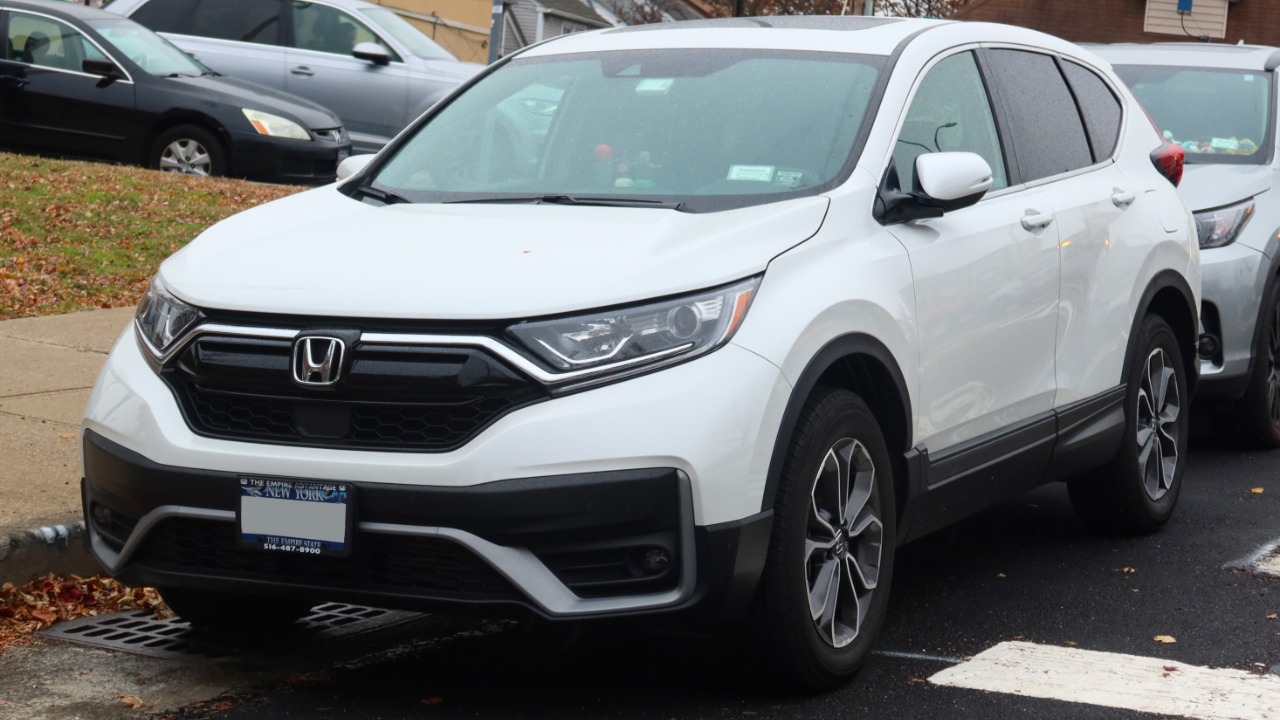
Leave a Reply